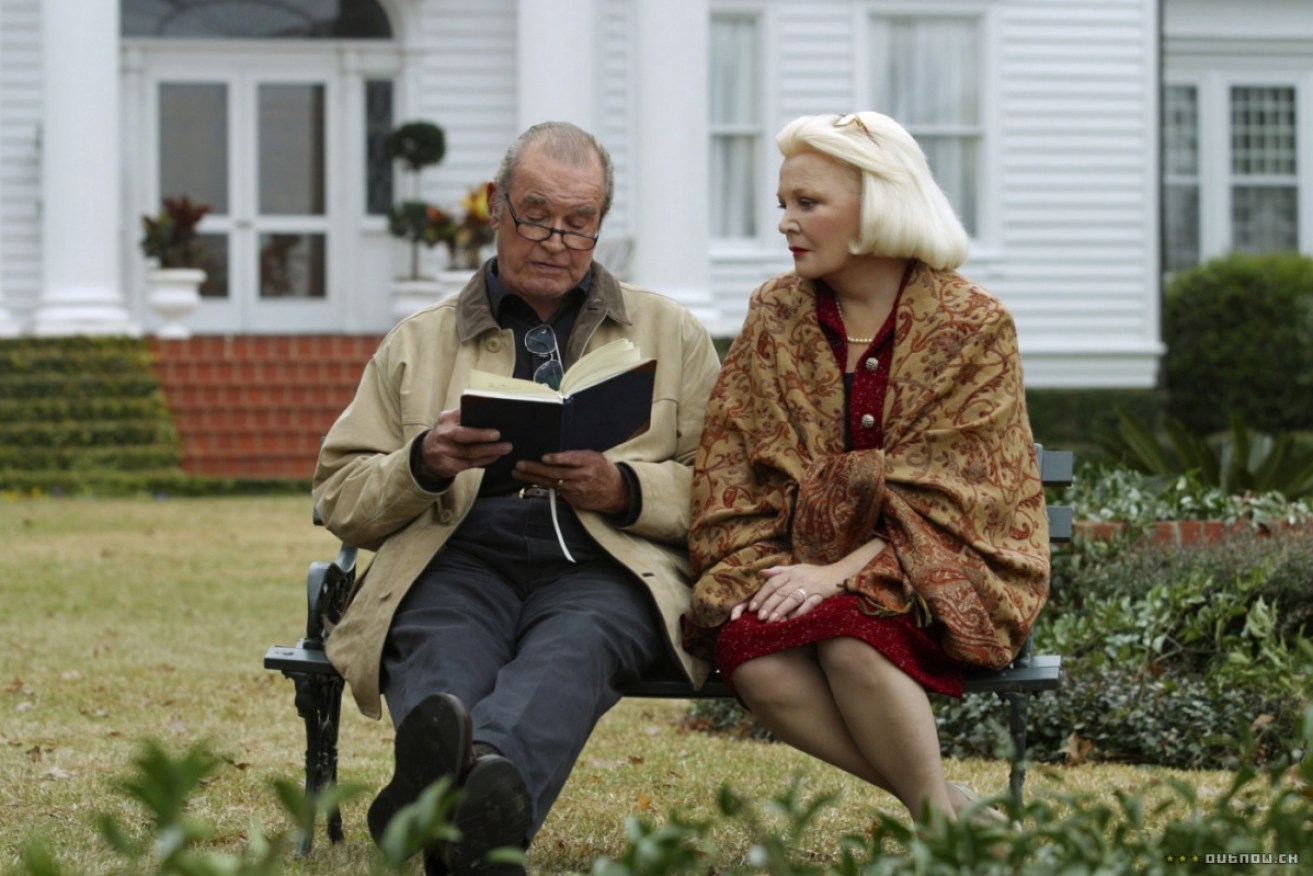It’s possible to die of a broken heart, says study

Losing a loved one can have a devastating effect on the immune systems of older people, a study has shown.
White cells in their blood called neutrophils are weakened – sometimes fatally – by the disruption of vital hormones brought on by bereavement, the research from the University of Birmingham suggests.
The same effect does not occur in young people, even though grief might hit them hard psychologically.
• Want to lose weight? Stick to 100 bites
Scientists believe the findings may explain frequently reported cases of bereavement leading to death months after the loss of a spouse.
Usually, it is pneumonia that claims the lives of the broken-hearted.
Study leader Dr Anna Phillips, reader in behavioural medicine at the University of Birmingham, said: “The neutrophil is a white blood cell. It’s really prolific and what it does is eat and kill rapidly dividing bacteria, like pneumonia. If your neutrophils are not working properly and you’re exposed to pneumonia, then you’re in trouble.”
The research compared neutrophil responses in 30-strong groups of bereaved younger and older people, as well as non-bereaved individuals.
While neutrophil numbers were not lowered in the older people, their ability to kill bacteria with destructive molecules called reactive oxygen species was compromised. The neutrophils in younger people experiencing grief were not affected the same way.
“We thought this was really interesting and may be one of the key reasons why older people are more susceptible to infection after a bereavement,” said Dr Phillips, speaking at the British Science Festival at the University of Birmingham.








